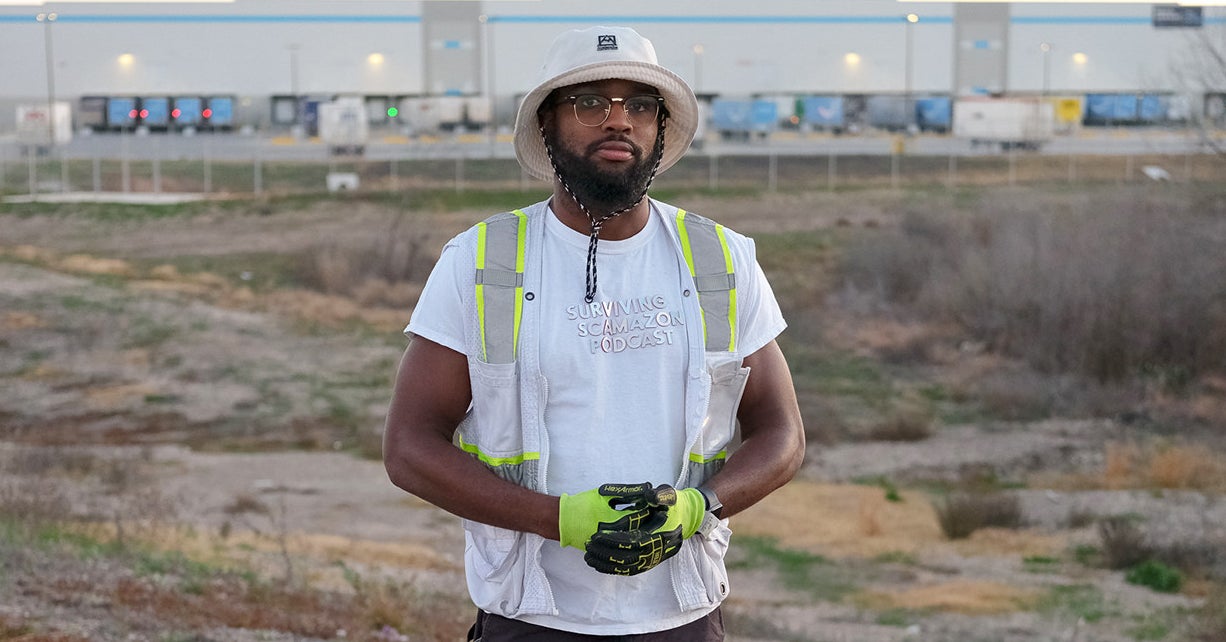In May 2022, Daniel Olayiwola, a warehouse worker at an Amazon facility in San Antonio, made history by speaking at the company’s shareholder meeting. Olayiwola, who held vested stock options, proposed a resolution to address the “injury crisis” within Amazon’s warehouses. He called for the elimination of productivity quotas and surveillance mechanisms that prioritize speed over safety, putting workers at risk. Olayiwola cited news investigations, research studies, and a government inspection report to support his claims of higher injury rates and labor law violations at Amazon facilities.
Amazon, in its overview to shareholders, defended its safety record and argued against policy changes. The company claimed that its “worker incident rate” had declined since 2019 and emphasized its commitment to employee well-being and competitive compensation. Amazon spokesperson Sam Stephenson defended the company’s productivity expectations and surveillance practices, stating that they are common in the retail industry and crucial for employee safety, inventory quality, and theft prevention.
During the shareholder meeting, after Olayiwola’s recording ended, Amazon recommended that shareholders vote against the resolution, which they did, resulting in its failure. Olayiwola was uncertain if his outspokenness would cost him his job, but Amazon assured that retaliation was not tolerated. While his job was not at risk, none of his proposals were implemented. Consequently, Olayiwola began a podcast called “Surviving Scamazon” last summer, where he discusses various aspects of Amazon’s policies and their impact on workers. Although the podcast has not garnered significant views, it is noteworthy for a non-unionized, low-wage worker publicly criticizing the company that employs him.
Olayiwola hopes that his podcast will encourage others to share their experiences and contribute to a digital chorus demanding corporate accountability. He believes that opening a dialogue is crucial to understanding the issues and finding ways to bring about change. In addition to the podcast, Olayiwola has conducted interviews with news outlets, published an op-ed in Fortune, and become a leader for United for Respect, an advocacy group for retail workers. His goal is to inspire others to speak out about their experiences working at Amazon, as many have been afraid to do so in the past.
Overall, Olayiwola’s efforts highlight the challenges faced by workers in Amazon’s warehouses and the need for improved working conditions. By speaking out and creating a platform for discussion, he hopes to bring about change and make a difference in the lives of Amazon employees.









